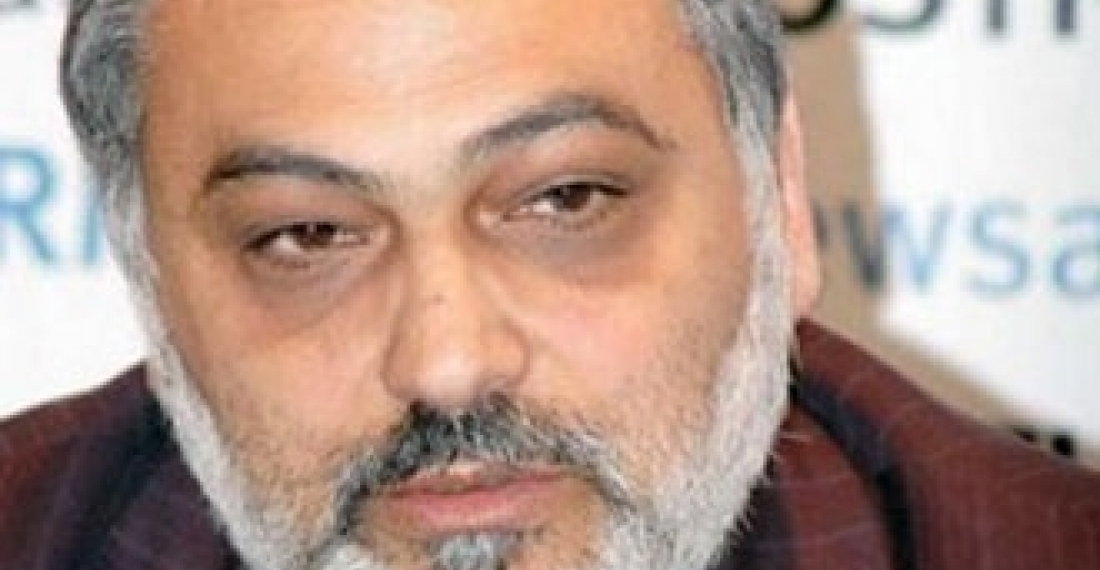Turkey has not revised its attitude towards Armenia; nor has it reviewed its stance on the Nagorno-Karabakh problem, Ruben Safrastyan, Director of the Institute for Oriental Studies of the National Academy of Sciences of Armenia, said during a press-conference today.
He said that the Turks continue supporting the Azeris and sometimes do it even more zealously than the Azeris themselves.
"Turkey's priority for the moment is the Middle East, where it is quite active in hope for some big profits. As regards Armenia, the Turks are showing to the Americans that they are committed to normalize their ties with the Armenians but it's just a show. The point is that Ankara has enough weight in the Middle East for doing this without being pressured by Washington," Safrastyan said.
He believes that Turkey continues playing a very negative role in the Nagorno-Karabakh peace process. "Turkish-Azeri relations are the relationship of two states seeking their own profits. Even though the Turks want the Azeris to be their allies and have given them an important role in their regional strategy, they are unable to agree with them on Nabucco and transit costs for Azeri gas," Safrastyan said.
Ruben Safrastyan:
Ruben Safrastyan:







